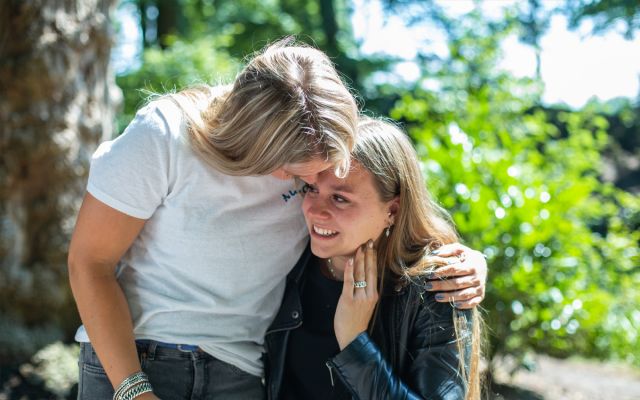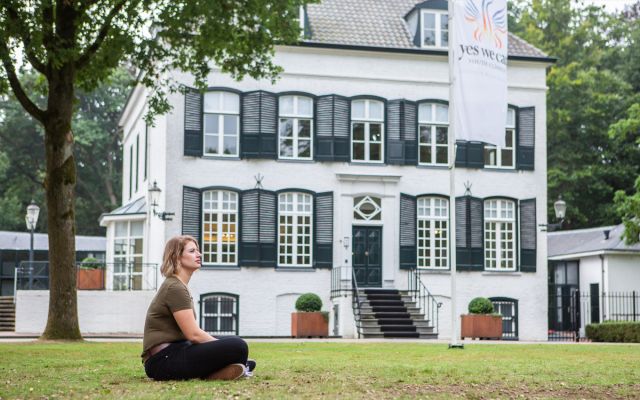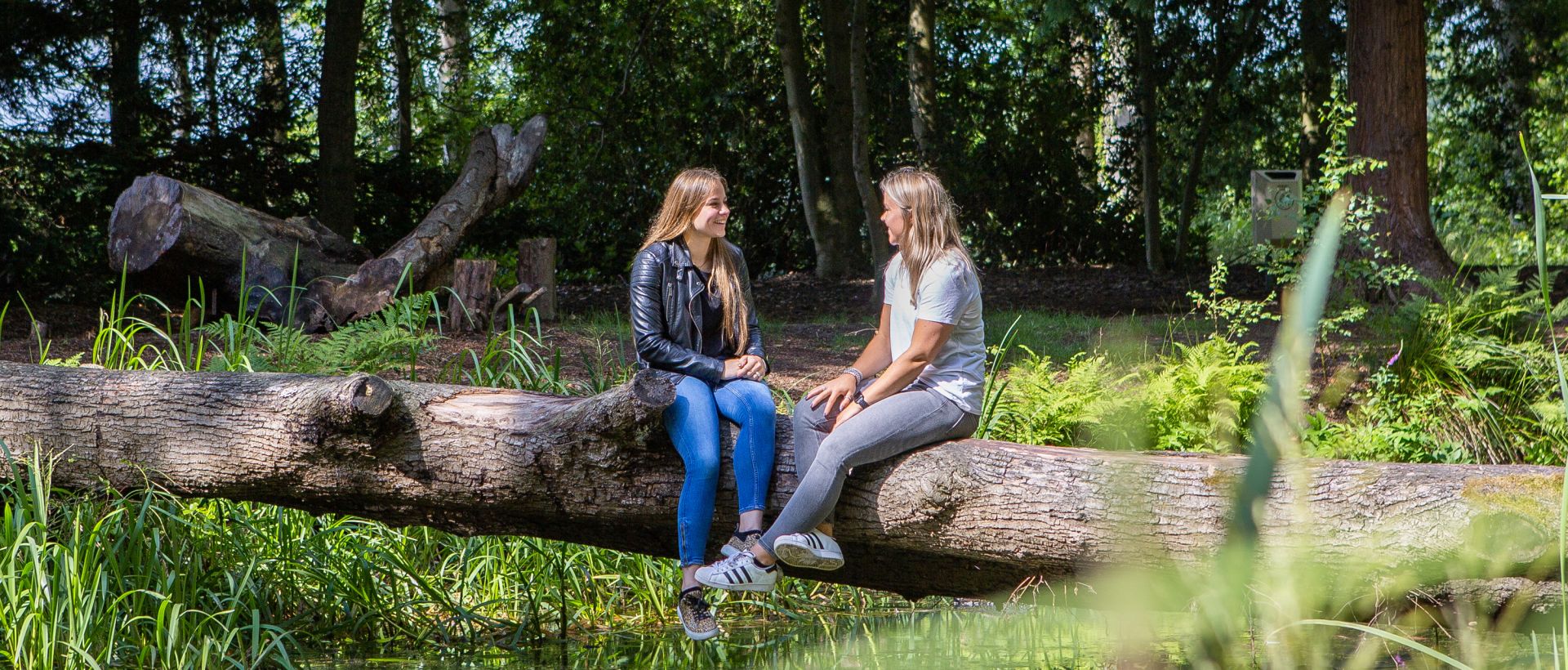What is a panic attack?
A panic attack is an acute, overpowering feeling of fear and tension. The wave of anxiety and tension usually lasts from a few minutes to half an hour and then subsides. Having a panic attack is often experienced as highly intense. Stress is an essential factor in panic attacks.
A panic disorder is when someone has had a panic attack on more than one occasion and is (repeatedly) worried about having more panic attacks. The person will avoid situations or places where the panic attack could occur, such as the bus, the train, a store or a busy street. Children and youngsters are sometimes too afraid to enter the school building or the classroom. Places where it is difficult for them to get away or where they cannot be helped quickly, are especially frightening to them.

Characteristics and symptoms of a panic attack
There are many symptoms of a panic attack. These vary significantly from individual to individual, both in type and intensity. The most common symptoms are:
- accelerated heart rate and rapid breathing (shortness of breath);
- sweating, chills, tremors, dizziness;
- tightness, an uncomfortable feeling in the chest;
- blurred vision.
- fear of fainting;
- tingling and/or numbness in the hands or feet;
- dry mouth, nausea, stomach pain, vomiting, or diarrhoea;
- the feeling of detachment from yourself;
- not being able to think clearly.
The fear of going mad or dying also plays a role. People are usually exhausted after a panic attack. The body has been in the highest state of readiness.
Treatment of a panic attack
At Yes We Can Youth Clinics, we help young people, whom we call 'fellows', to understand and deal with the causes underlying their anxiety and panic. We also teach fellows how to stop a panic attack. We are available 24/7 to help, support, motivate and confront young people at the appropriate time. Unconditional acceptance and trust are central to this during treatment and our aftercare programme.
Group sessions, system/family therapy and daily sports and outdoor activities are essential components in the treatment of a panic disorder and any other problems that the fellows have. The treatment team and the fellow set personal goals using a step-by-step approach. This includes one-on-one sessions with the regular therapist, giving feedback to each other in the group, and creatively participating in sports and games. The regular therapist consults with the other (care) professionals thrice daily. This ensures that everyone is well informed about how the fellow is doing.
We also teach fellows how to deal with panic and/or a panic attack by employing cognitive therapy, anxiety reduction training and task concentration training. We also use group and individual exercises to teach the fellows how to break patterns. We help them live in the moment and focus on their actions instead of worrying.
Read more about our treatment approach here.

Panic attacks and medication
Before coming to our clinic, fellows may have previously been prescribed medication for anxiety and panic attacks, for example, SSRIs (selective serotonin reuptake inhibitors).
At Yes We Can Youth Clinics, we want to treat 'the real person' with all their underlying pain. That is why we try to reduce any medication the person is taking to zero or to as little as possible.
The safe treatment climate at Yes We Can Youth Clinics, the positive environment and the entire treatment team that is present 24/7 to support, motivate and confront the fellows, where necessary, all ensure that medication withdrawal is usually successful. Even once the fellow has left the clinic and continues to work on recovery, medication is often hardly necessary anymore, if at all.
Contact us
Yes We Can Youth Clinics can effectively treat teenagers and young adults who are suffering from a wide variety of mental health issues. If you have any questions at all, you can always contact us. We cannot stress enough that we are always there for you, whether you sign up for treatment in our clinic or not.
You can reach us by phone from Monday to Friday from 9:00 a.m. to 10:00 p.m. and on Saturday and Sunday from 10:00 a.m. to 4:00 p.m. (GMT +1) via phone number: +31 (0)85 02 01 222. Your call will be forwarded after business hours (weekdays after 6:00 p.m. and on weekends). Please note that answering your call during these hours might take longer than usual. If we cannot reply to the call right away, please leave a message, and we will call you back as soon as possible. You can also fill out our contact form.
Register for an intake interview
Would you like to register a teenager or young adult (aged 13-25) for treatment at Yes We Can Youth Clinics? Please fill in our intake form, and we will contact you to schedule a personal intake interview.
Intake Form
